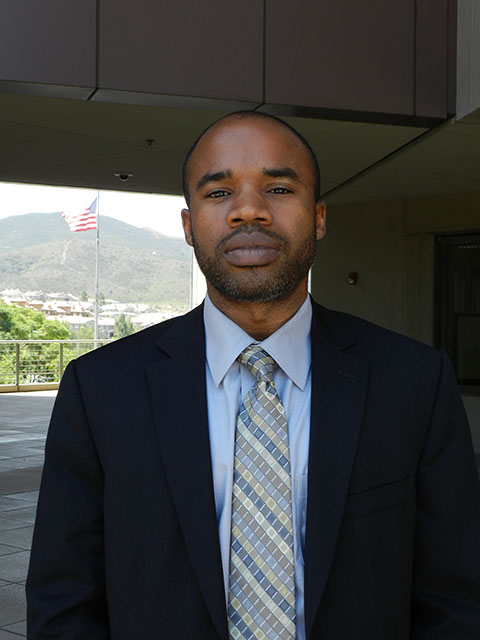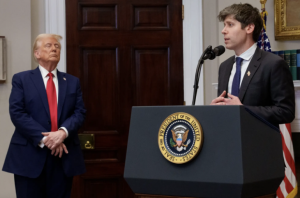Director of CARSS encourages marginalized students to break the cycle in higher education
February 24, 2016
Once a student without direction, Dr. Geoffrey Gilmore met people that guided him throughout his college career. Now he returns the favor by lending a hand to students in need of guidance.
Gilmore received a dual bachelor’s degree in psychology and general social sciences, his master’s and Ph.D in educational administration and counseling psychology, all from Washington State University.
On campus, Gilmore serves as the Director of College Access Readiness and Success Services (CARSS), where his job is to help students get admitted to the university and be successful.
“One of the things about the CSUs is that it provides success to students who might not otherwise have access to a higher education,” said Gilmore.
Programs provided by CARSS include Proficiency Services, the Early Assessment Program and the Early Start Program. In addition to that, Personalized Academic Success Services is provided as a separate entity.
Proficiency Services allows students that are not college-ready in math or English/writing gain the skills needed in order to be successful; the Early Assessment Program helps high school students determine their proficiencies; The Early Start Program is designed to help students who are not proficient in math or English/writing get on track; Personalized Academic Success Services is provided in order to help students get back on track in the event of a difficult situation occurring while in school.
Gilmore’s passion in helping students succeed in their academics comes from his own personal experience of struggling to find an equilibrium in school as a man of color in higher education.
“The work we do actually helps students retain their education and make it happen. Otherwise, it would be more of a trap. I feel like it gives an end to really help students [of color], to let them see what they may not have seen before … to see opportunity,” said Gilmore.
Growing up, he was always encouraged by his family to pursue an education because it would be the foundation he needed to open doors.
“My mom had been part of the movement—she was a Black Panther—and she always emphasized for me to get an education and to obtain the tools that I need to succeed in my life,” said Gilmore.
With that, Gilmore tries to convey to students the importance of doing something that is beyond them and tackling it at full force.
“This is knowledge that is attainable; this is the whole reason you are here—to learn the things you don’t know yet. If this was just an opportunity to show off what you already know, there would be no point for it,” he said.
As for students of color wanting to further their education, Gilmore advises students to go for it and see what life has in store.
“Whatever your dream is, dream big … pursue it and do it big, but don’t sell yourself short and understand what this is about. Things that don’t look attainable actually are. The cliche ‘anything is possible’ is true, but a lot of the time we may lack the knowledge or the resources to actually get there, but you can get it. You have people here who will support you, so reach out to those people. And if anybody wants to reach out to me, my doors are always open.”







